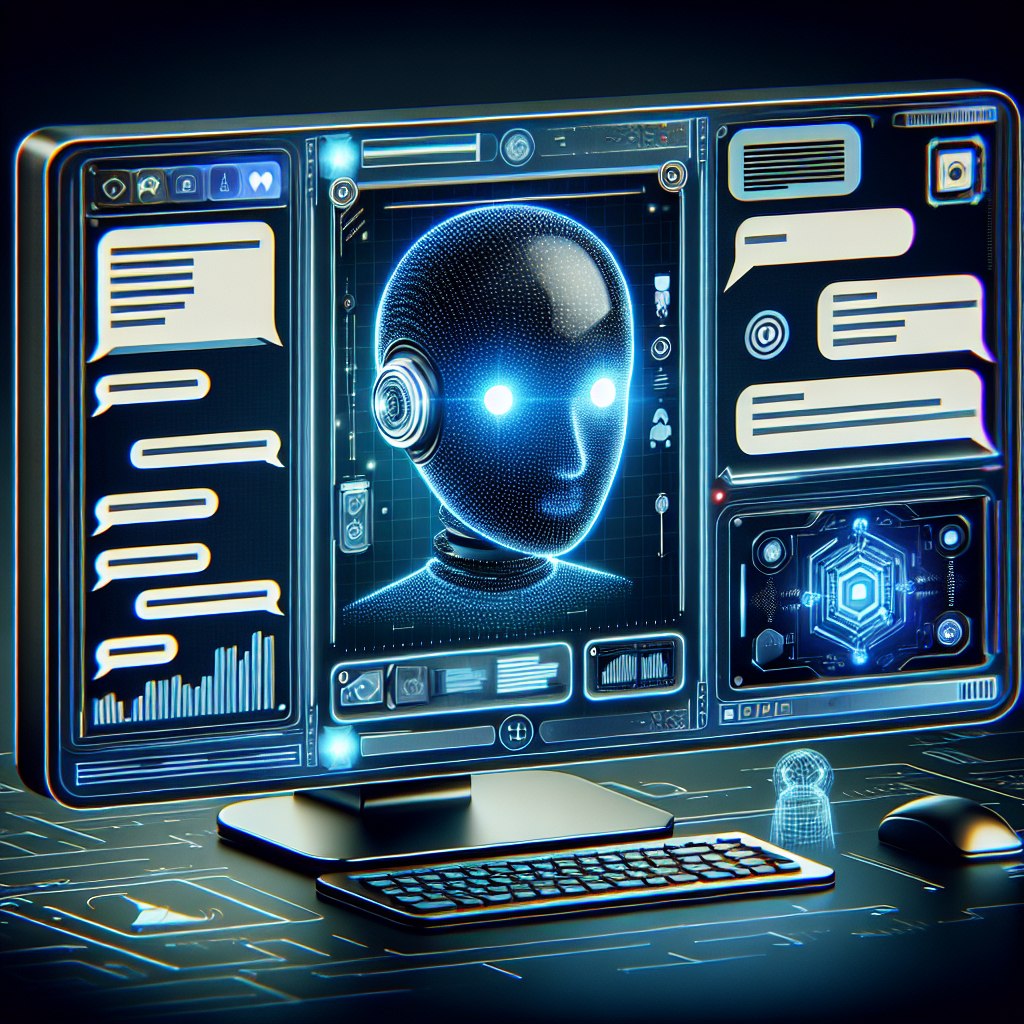Navigating the AI-Driven Social Landscape: Ethics and Expectations
As AI systems increasingly take on social roles, it's crucial to consider the ethical implications of these interactions. Understanding relational norms and contexts helps define appropriate AI behavior, ensuring these technologies enhance rather than diminish human lives. Users, designers, and regulators must all consider these nuances.

- Country:
- United Kingdom
As artificial intelligence systems assume roles traditionally filled by humans, such as friends, mental health providers, and even romantic partners, navigating these interactions ethically becomes imperative. The dialogue between AI and humans needs careful scrutiny to protect human welfare and interests.
Ethical considerations must account for relational contexts, as different relationships follow unique norms. Human morality varies based on relationship types, from care-driven roles to transactional interactions, shaping expectations of AI system behavior.
AI developers, users, and regulators must prioritize these relational nuances, designing systems that fulfill relationship-appropriate functions while safeguarding users from potential vulnerabilities. Regulatory bodies should develop governance frameworks that reflect specific relationship contexts rather than broad domain-based assessments.
(With inputs from agencies.)
ALSO READ
Home Heroes Head and Carey Dominate in Adelaide's Heat
Devon Conway Leads New Zealand's Commanding First Innings with Career-Best 227
IAEA Partners with Princess Máxima Center to Strengthen Childhood Cancer Care
Boreum and GITAM University Unite for Skincare Innovation
Nagaland's Healthcare Revolution: Affordable Medicines and Reliable Implants










